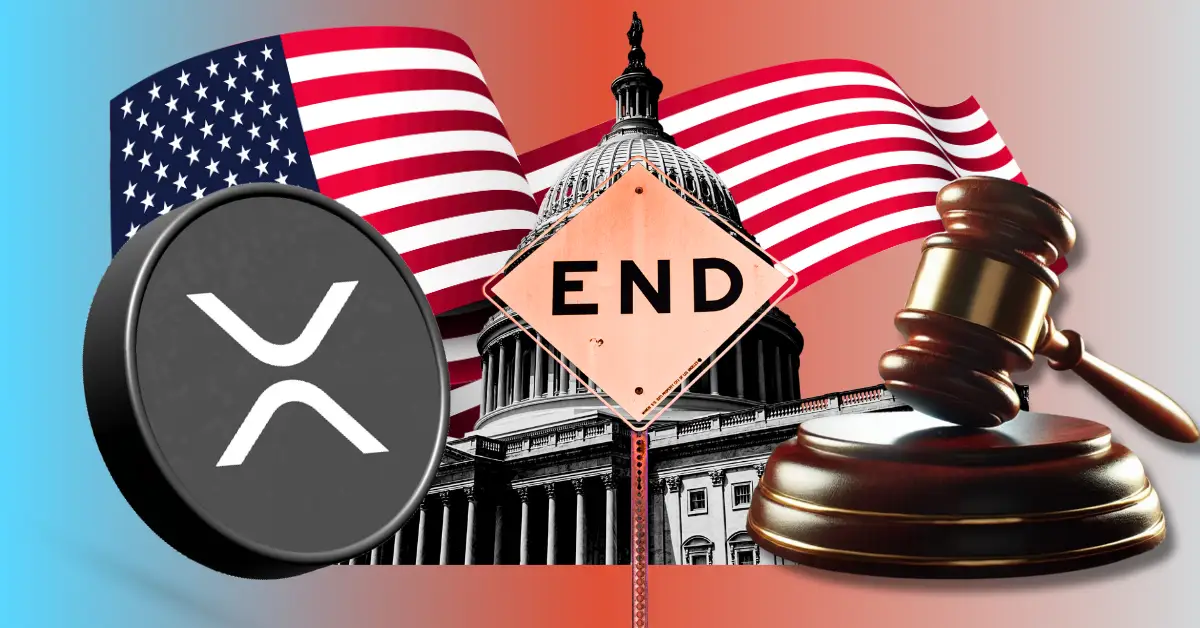The Looming Threat of Trump’s “Liberation Day” Tariffs: A Potential Market Disruptor
The financial markets commenced the week on a positive note, with major indices registering gains. However, the optimistic sentiment was short-lived as investors’ focus shifted towards an impending economic development: President Trump’s “Liberation Day” tariffs, scheduled for April 2.
Background
The “Liberation Day” tariffs refer to the proposed 25% import taxes on goods from countries with significant trade barriers against the US. The list of targeted nations includes China, but also other countries like India, Turkey, and the European Union.
Impact on the US Economy
Experts warn that these tariffs could lead to significant market disruptions. Some potential consequences include:
- Retaliation: Other countries may respond with their own tariffs on US goods, potentially leading to a trade war.
- Inflation: Higher import prices could lead to increased inflation, eroding purchasing power for American consumers.
- Supply Chain Disruptions: US companies that rely on imported parts or raw materials could face higher costs, potentially leading to price increases or production cuts.
- Market Volatility: The uncertainty surrounding the tariffs could lead to increased market volatility, as investors react to the latest developments.
Impact on the World
The potential effects of these tariffs extend beyond the US borders:
- Global Economic Slowdown: A trade war could lead to a global economic slowdown, as countries retaliate with their own tariffs and reduce imports.
- Currency Markets: The US dollar could strengthen against other currencies if the US economy performs better due to the tariffs, potentially making American exports more expensive for foreign buyers.
- Developing Countries: Developing countries that rely heavily on exports could be particularly hard hit, as they may not have the resources to retaliate effectively.
Conclusion
The “Liberation Day” tariffs, scheduled for April 2, represent a potential market disruptor that could lead to significant economic consequences. While the exact impact remains uncertain, experts warn of potential retaliation, inflation, supply chain disruptions, market volatility, a global economic slowdown, currency market effects, and challenges for developing countries. As investors and businesses navigate these uncertainties, it is essential to stay informed and adapt to the evolving economic landscape.
Stay tuned for further updates on the situation and how it may impact you and the world.





